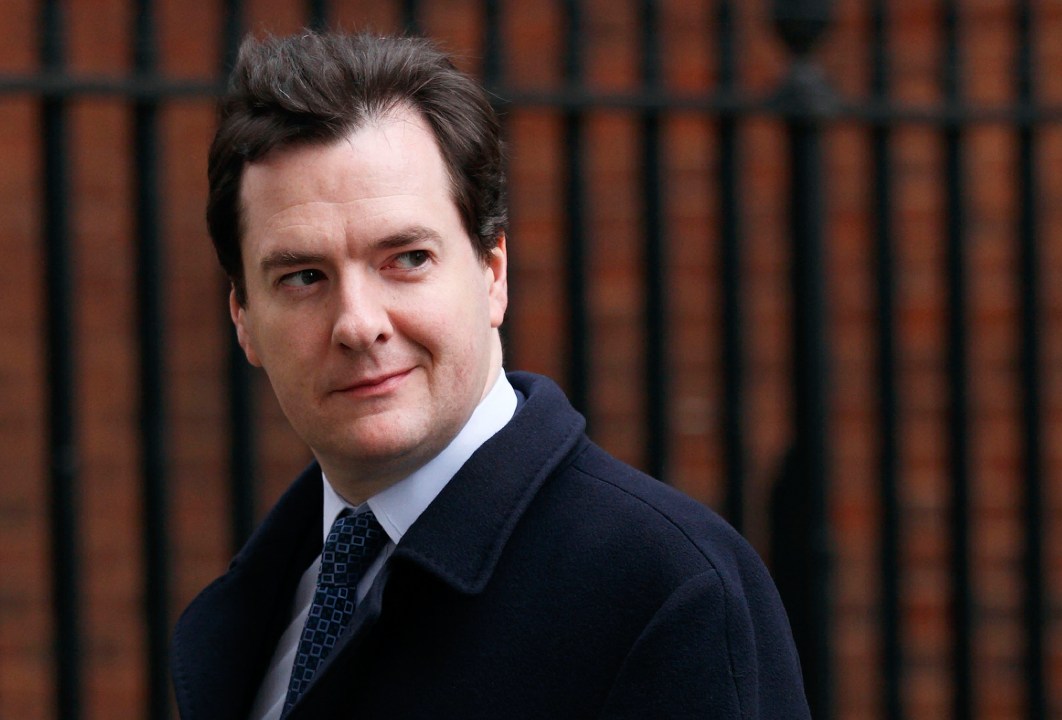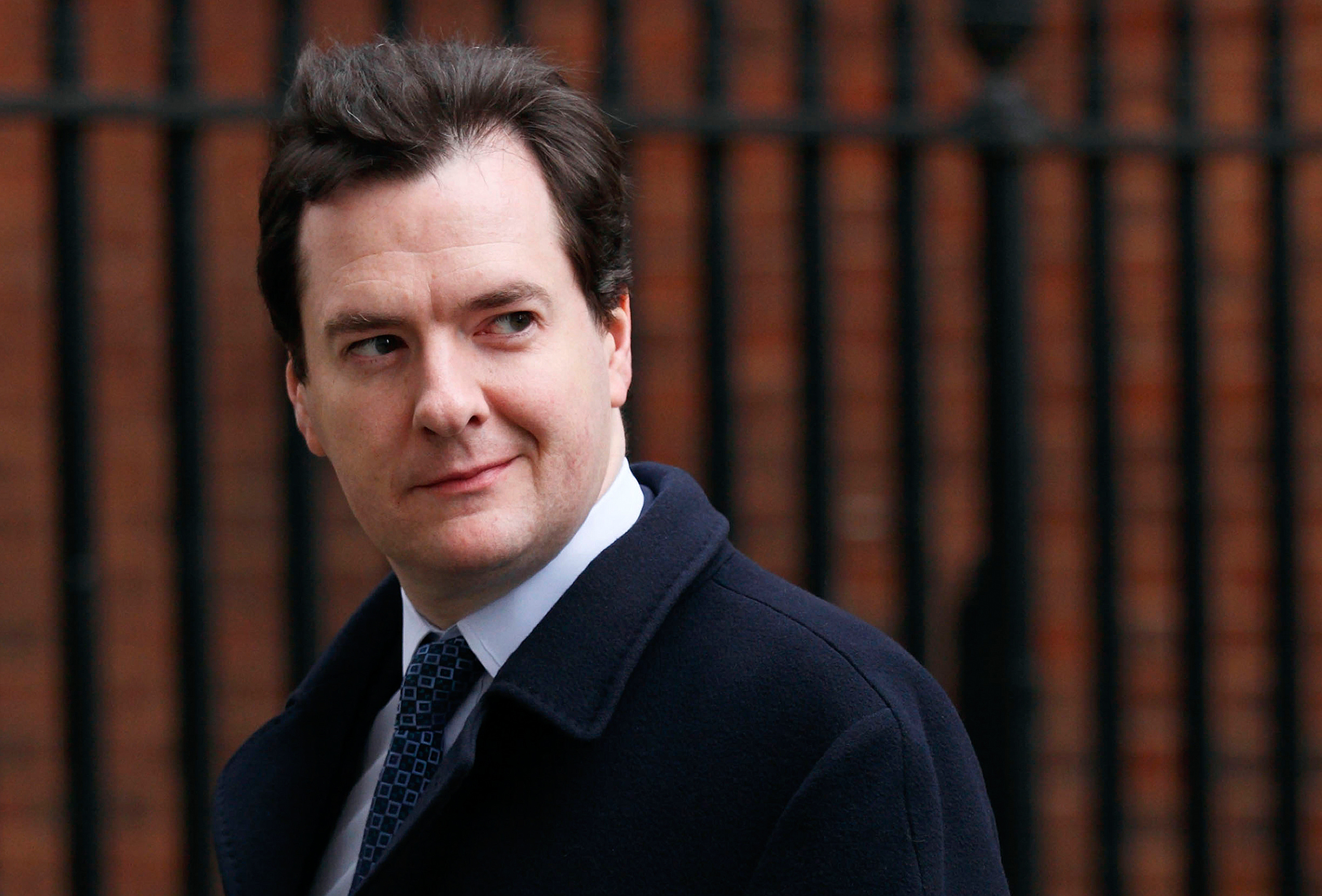Will George Osborne scrap the 50p tax in next week’s Budget? Whispers to this effect have been getting louder, and now the Guardian is saying that it will come back down to 40p, and it makes a lot of sense. As I argued in my Telegraph column a fortnight ago, this is the perfect time to do it. Axing the tax paid by 1 per cent of the population will be unpopular with the remaining 99 per cent, so if Osborne is going to take a political hit he should do so now.
Anecdotal evidence of its harmfullness has been getting stronger: multinational companies saying they can’t persuade people to relocate to Britain, and early figures suggest a drop in tax from the rich in 2010-11. The Treasury review is a red herring — it’s impossible to disentangle the deterring effects of the 50p tax from the effects of the crash with such little data. But all independent reviews have suggested the 50p tax loses money. The Institute for Fiscal Studies produced a useful chapter on this last month suggesting it would lose £500 million a year. And that’s assuming the super-rich are no more mobile than they were in 1988 — the year that the IFS draws its data from. The Treasury claims, without any supporting evidence, that it’s 0.35. The IFS estimates it was 0.46 in 1988, and even if it’s a bit higher — like 0.5 — then we’d lose £1 billion, to say nothing of the damage done to Britain’s international reputation as a place to do business. The below table, from the IFS, shows the various scenarios:

Axing this tax will send a strong signal: that the Chancellor is drawing a line under the rich-bashing which has broken out of late. Britain now welcomes entrepreneurs. But most of all, he will be declaring his independence from the Gordon Brown logic which bequeathed him this sadistic scheme in the first place. Even Brown only introduced this in the final few weeks of his time in No10 — it wasn’t intended to raise money, but to be something to hang around Osborne’s neck. Finally, Osborne looks like he might be ready to throw it away.








Comments